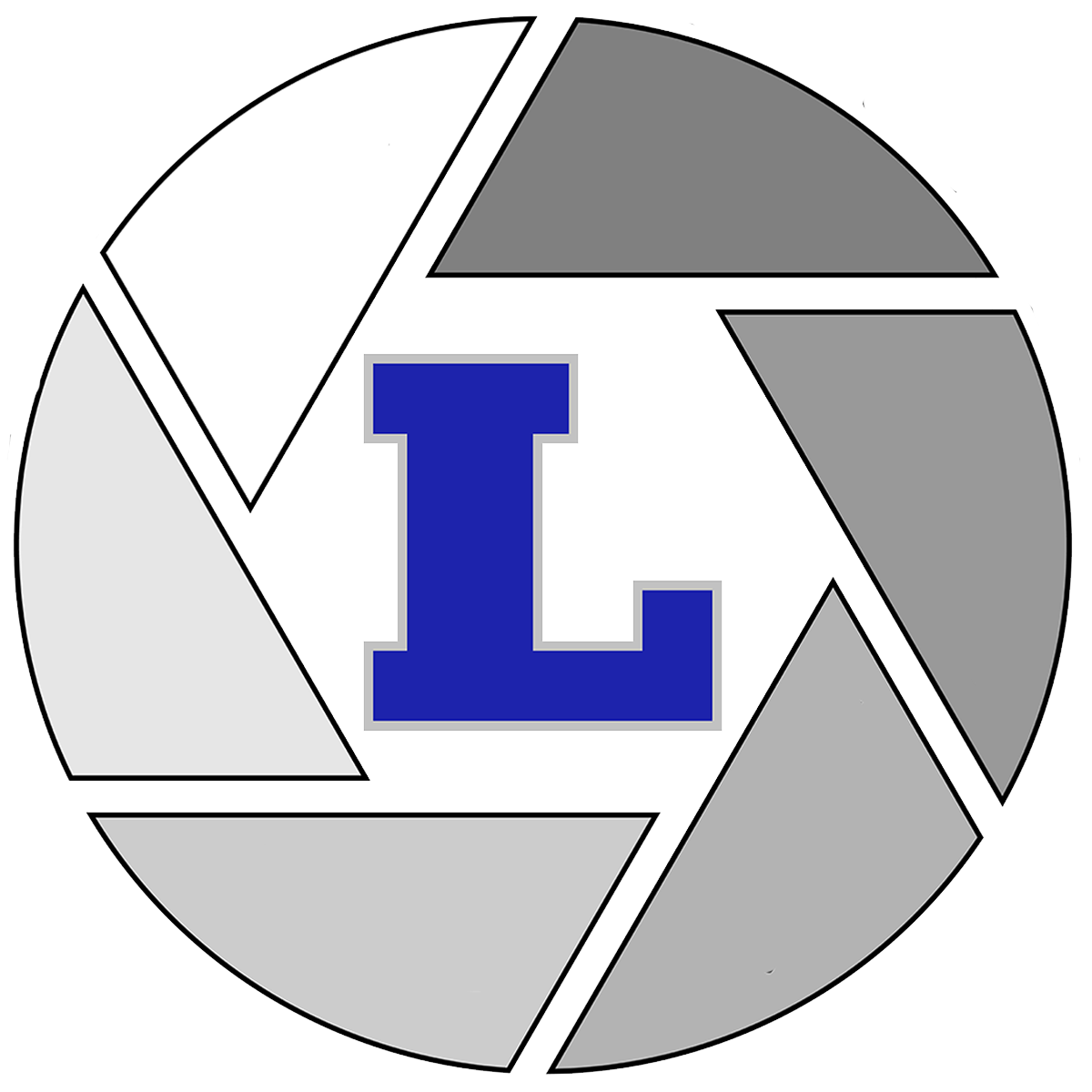Library Media Specialist:
Mrs. Genevieve Nowosad
genevieve.nowosad@lebanonct.org
(860) 642-5702
MISSION AND GOALS
The Lyman Memorial High School Library's mission is to promote information literacy and the effective use of ideas and technology among Lyman students and staff. The program is designed to meet this goal through:
instruction in how to access, select, organize, and evaluate information
providing a collection of print and non-print materials to supplement and enrich the school's curriculum.
enhancing reading and supporting personal and professional growth and development.
presenting accurate content and applying ethical standards in access, application and usage of that content.
providing information, reference and reader's advisory services to students and staff.
LIBRARY PASSES
Library passes may be requested by students for use during their study hall period in the morning prior to 7:30 or during the nine minute break for all available periods. Teachers may schedule their classes in to use the library's resources using the Outlook Calendar or by speaking directly to the Media Specialist.
BORROWING POLICIES AND LOAN PERIODS
All non-reference materials may be checked out for two weeks and can be renewed as long as there is no hold on the item. Materials should be returned to the library on or before their due date or promptly renewed with the Library Media Specialist. Overdue notices go out at the end of each quarter.
LIBRARY RESOURCES
The Library Media Center houses 15,277 items with 12,579 titles. This includes print, electronic, and audio-visual materials. A full collection analysis was performed in April 2012. The Collection Development policy can be viewed in here. All materials are searchable through an online catalog located at lhs/biblio.org. The library catalog is part of a consortium allowing students to view holdings of other libraries including the Lebanon Middle and Elementary schools and the Jonathan Trumbull Library.
PRINT RESOURCES:
Print resources include fiction, non-fiction, reference, career, professional, graphic novel and short story collections.
ELECTRONIC RESOURCES:
Electronic resources include e-books through Follett Shelf and subscription databases including Grolier Online and World Book. These resources are available freely in school and from home with a password. The ICONN databases are also heavily promoted to all students. The ICONN databases can be freely accessed through the district’s IP address or from home with a Connecticut library card.
AUDIO-VISUAL RESOURCES:
AV materials include DVD, VHS, cassette tape, CD, and play away (pre-loaded MP3) formats. Audiobooks can be borrowed with the same procedure as print books. Video formats can be borrowed with special permission for a restricted amount of time.
LIBRARY EQUIPMENT:
The Library Media Center has 24 computers running Windows 7 with printer access. The software available on the library computers can be viewed here.
Other equipment available for student and teacher use include a photocopier, four AV carts with DVD/VCR, projector lamps, a document camera, a flip camera, a digital camera, and an overhead projector/screen (both mounted and portable).
GRE/LIBRARY SERVICES
The Library Media Center services align with the overall mission of the library program and come in a variety of forms. These include but are not limited to: one on one student guidance in relation to research and reading needs; class presentations; collaborative lessons; the management of the Library Blog/website, the organization of the summer reading materials; supporting staff with technology and information literacy needs; and creating an environment of learning through online and physical displays and activities.
GRE (GUARANTEED RESEARCH EXPERIENCE)
The GRE program is based on curriculum outlined in here.
Over Reaching Goal: To ensure that students become information literate and achieve their academic potential through access to technology and academic resources regardless of race, ethnicity, income, or disability.
Objective: To encourage the equality of access to information resources, all high school students will participate in a shared research project during grades 9-11 focusing on curriculum based essential skills for 21st century learning.
Strategy: The High School Library Media Specialist will collaborate with the classroom teacher in the appointed course, to develop a “Guaranteed Research Experience” at the appropriate grade level. Each grade level will have a consistent detailed focus on one aspect of the research process. Participating in the “GRE” for three years will give students a thorough and complete research skill set. This research experience will integrate the classroom curriculum content with information literacy and technology skills (e.g. electronic search strategies, citation format, copyright.) Suggested time frame is two weeks. A universal planning tool will be used by the LMS and teacher, to be used as part of the data collection process.
Accountability Measure: The “GRE” suggested time frame is two weeks. A Universal Planning Tool will be used by the LMS and teacher, outlining the lesson objective, goals and plans and allocating the responsibilities of the LMS and the classroom teacher. Measurable data will be gathered through rubrics and assessment by both the teacher and LMS.
INDIVIDUAL LESSONS
Individual information literacy and technology lesson descriptions can be found in here.
